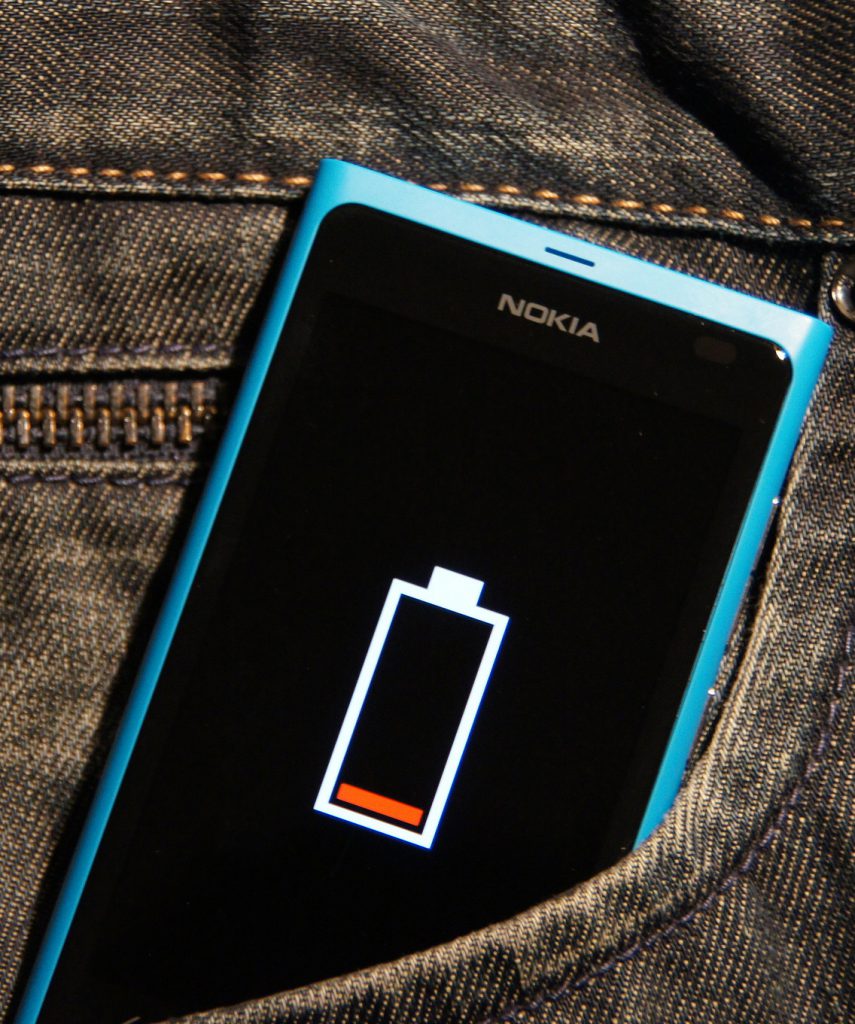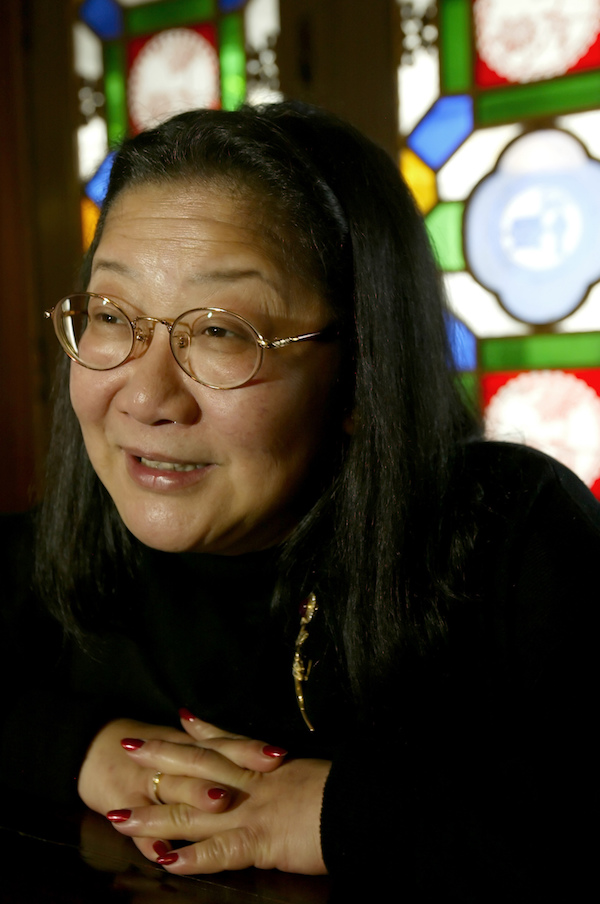A Chinese American postdoctoral researcher who graduated from the Massachusetts Institute of Technology has created new lithium metal technology that promises to double the lifespan of batteries while making them smaller in size.
Qichao Hu, who founded SolidEnergy Systems in 2012 while at MIT, developed the battery to make it twice as energy-dense yet just as safe as the current long-lasting lithium ion batteries found in devices such as drones, smartphones and electric cars, according to a report by MIT News.
“With two-times the energy density, we can make a battery half the size, but that still lasts the same amount of time, as a lithium ion battery,” Hu told MIT. “Or we can make a battery the same size as a lithium ion battery, but now it will last twice as long.”
Last year, the company took their product into its beta testing phase and empirically demonstrated the prototype of their energy-dense rechargeable battery works, which earned them more than $12 million from investors, according to TechCrunch.
To achieve this boost in energy, researchers swapped out graphite – a common battery anode material – with high-energy lithium metal foil, which can hold more ions and therefore provide more capacity.
SolidEnergy plans to introduce the new batteries to smartphones and wearable devices in early 2017 and electric cars later in 2018. However, they will first be used on drones this November.
“Several customers are using drones and balloons to provide free Internet to the developing world, and to survey for disaster relief,” Hu said. “It’s a very exciting and noble application.”
Hu went on to tell MIT that these batteries could have a huge impact on society when they are used on electric vehicles. “Industry standard is that electric vehicles need to go at least 200 miles on a single charge,” Hu said. “We can make the battery half the size and half the weight, and it will travel the same distance, or we can make it the same size and same weight, and now it will go 400 miles on a single charge.”







